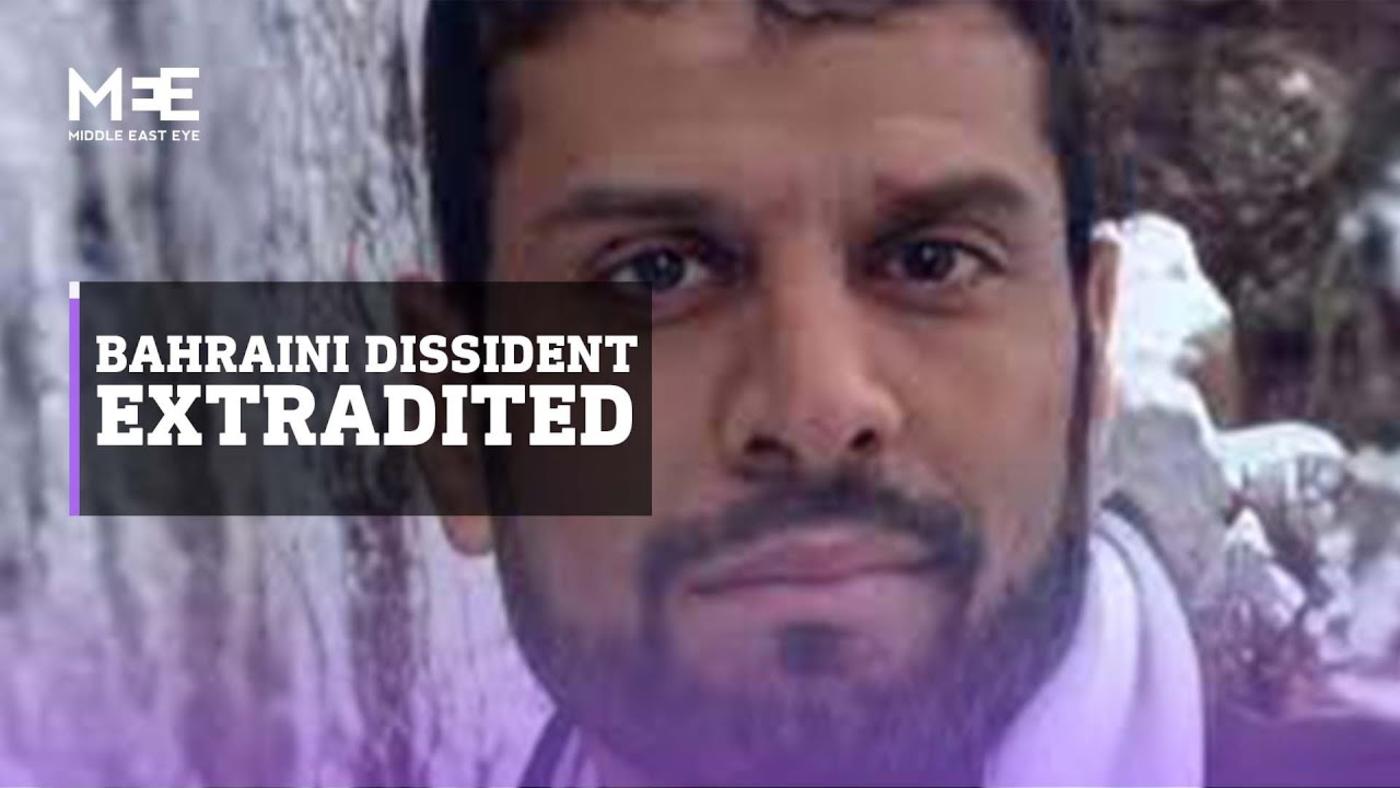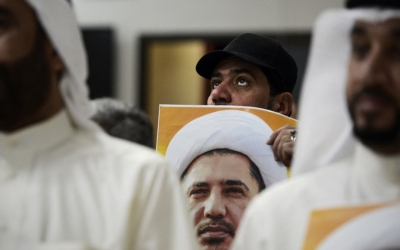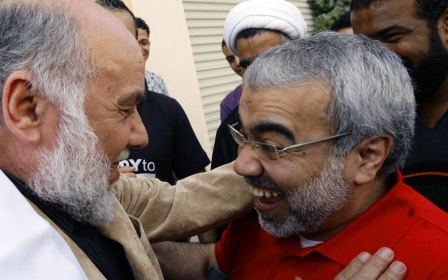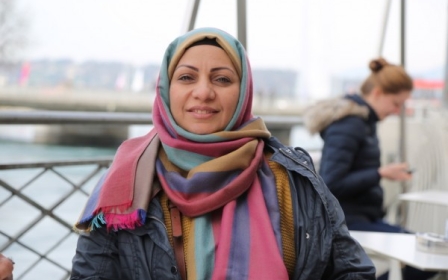Serbia deports Bahraini political dissident despite ECHR ruling
A Bahraini political dissident has been deported from Serbia to his homeland, despite a ruling by the European Court of Human Rights (ECHR) specifically forbidding this.
Ahmed Jaafar Mohamed Ali was extradited on Monday after Serbian officials responded to an Interpol red notice request from the kingdom.
'It appears that Serbia has decided to ignore the European Court of Human Rights decision to prioritise and strengthen its trade relationship with the Bahraini regime'
- Sayed Ahmed Alwadaei, Bahrain Institute for Rights and Democracy
Ali, who had previously been twice sentenced to life in prison in Bahrain in absentia, applied for asylum in Serbia in November 2021 arguing that he risked torture and potentially death in his homeland.
On Friday, the ECHR issued a ruling that Ali should not be extradited to Bahrain until 25 February, pending more information on his case, particularly around the “possible risks of torture and/or ill treatment that the applicant would face if extradited to Bahrain" and whether there were any mechanisms under which he would be "entitled to have his life sentence reviewed in Bahrain".
Despite this issuance from the ECHR, the deportation was carried out on Monday morning. According to flight trackers, the Royal Jet plane left Serbia at 5:10 CET.
New MEE newsletter: Jerusalem Dispatch
Sign up to get the latest insights and analysis on Israel-Palestine, alongside Turkey Unpacked and other MEE newsletters
Sayed Ahmed Alwadaei, director at the Bahrain Institute for Rights and Democracy (BIRD), said the extradition was "scandalous".
"It is disturbing that Serbia is blatantly disregarding its obligations under international law and deciding instead to destroy the life of a Bahraini dissident," he told Middle East Eye.
"It appears that Serbia has decided to ignore the European Court of Human Rights' decision to prioritise and strengthen its trade relationship with the Bahraini regime."
Bahrain-Serbia ties
Bahrain and Serbia have sought to strengthen diplomatic and business ties over the past year.
In March 2021, Serbian President Aleksandar Vucic visited the Gulf kingdom to promote trade ties and has discussed the launch of a nonstop flight service between the two countries' capitals in order to "significantly improve tourism and business ties".
Last week, the president of Bahrain's National Institution for Human Rights (NIHR), Ali Ahmed al-Derazi, held an online meeting with the Serbian ombudsman, Zoran Pasalic, to discuss "topics of common interest and ways to enhance cooperation in the field of human rights" between Serbian and Bahraini institutions, according to state media in Bahrain.
MEE contacted the Serbian government for comment, but had not received a response at time of publication.
Alwadei also pointed out that the deportation marked the first such incident involving a Bahraini to take place since the election of Ahmed Naser al-Raisi as president of Interpol, a move that was noted with alarm by many human rights campaigners.
Raisi, inspector general of the Ministry of Interior in the UAE, has been accused of having overseen numerous abuses in the Gulf state, including torture, sexual abuse, arbitrary detention and enforced disappearances.
"This misuse of Interpol’s powers is what we feared following Al-Raisi’s election as president and marks the launch of an even darker era governed by authoritarian policing," said Alwadei on Monday.
Middle East Eye delivers independent and unrivalled coverage and analysis of the Middle East, North Africa and beyond. To learn more about republishing this content and the associated fees, please fill out this form. More about MEE can be found here.






